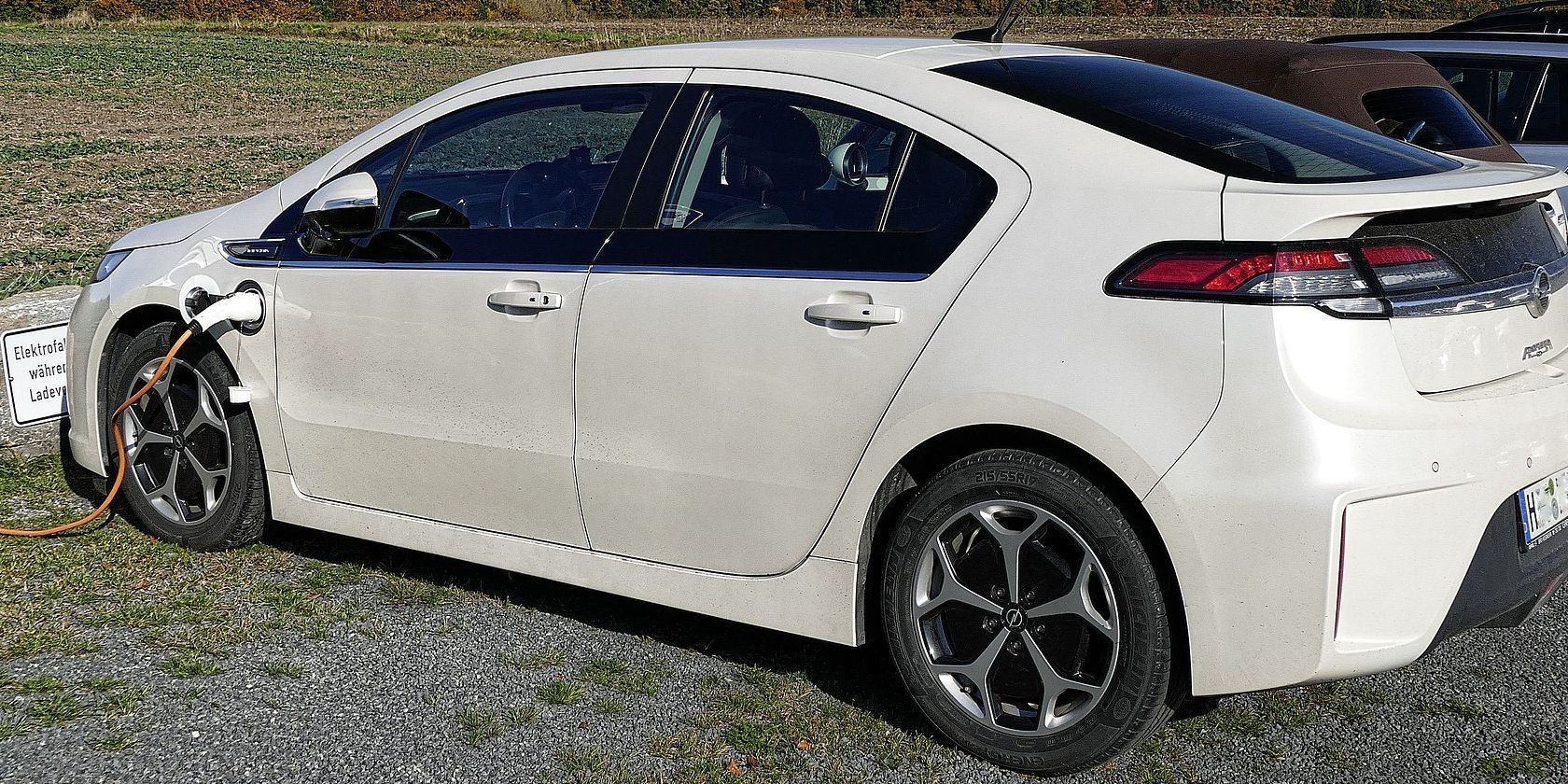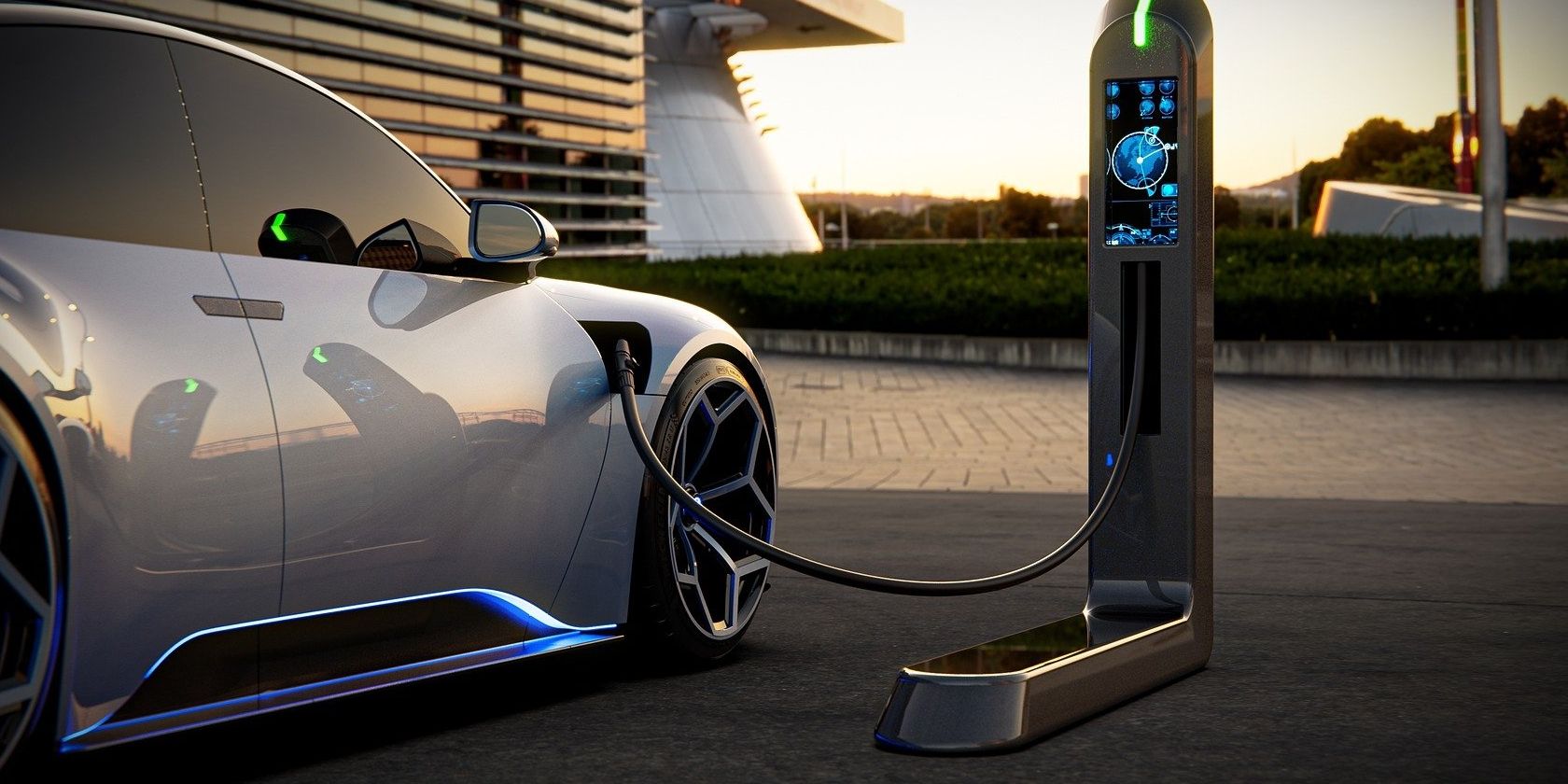Electric vehicles offer a wealth of advantages over ICE (internal combustion engine) vehicles, including a quieter driving experience and being better for the environment. Electric vehicles, however, perform almost identically in a crash.
If you own an EV, your choice of insurance is therefore important. Some types of insurance are a legal requirement, while others simply protect your bank balance against unnecessary loss. One type of insurance that many people overlook is Guaranteed Asset Protection (GAP) insurance.
Let's explore what GAP insurance is and whether you need it for your EV.
What Is GAP Insurance?
GAP insurance is an optional type of insurance that is designed to protect you if your car is totaled or stolen. It covers the difference between the current value of your car and what you owe on your loan or lease (or what you originally paid for the car.) Without GAP insurance, you pay the difference. With GAP insurance, your insurance company does.
How Does GAP Insurance Work?
To understand GAP insurance, it's necessary to first look at comprehensive insurance. If your car is totaled or stolen, comprehensive insurance pays you the actual market value of your car immediately before that happened.
In some instances, this is sufficient. If you lease or still have a car loan, however, the amount that you receive may not be enough. It's easy to end up receiving less than what you owe, and then having to buy a new car while still paying off the previous one.
GAP insurance protects against this outcome by paying you the difference. Here's an example:
- You have a car with an actual market value of $20,000 and a car loan worth $25,000.
- You are involved in an accident and your car is totaled, or your car is stolen.
- You can claim $20,000 from your comprehensive insurance provider, minus your deductible.
- Your GAP insurance provider pays you $5,000.
What Is Not Included in GAP Insurance?
You can only claim GAP insurance if your car is totaled or stolen; it does not pay out in any other circumstance.
GAP insurance does not cover your deductible. So, if your car is totaled, GAP insurance doesn't cover the cost completely. It also won't assist you in buying a new car, so you'll still need a down payment.
GAP insurance also doesn't cover any of the additional costs associated with your car loan or lease. If you paid a deposit or bought an extended warranty, GAP insurance won't refund them. It also won't cover the cost of any late fees or penalties associated with your loan or lease.
Do EV Owners Need GAP Insurance?
If you own an EV, whether you need GAP insurance depends on the difference between your car's value and how much you owe on it.
GAP insurance should not be purchased if your car is worth more than what you owe. It's also debatable whether you need GAP insurance if the difference is minor, or if it's an amount that you can easily afford to pay.
GAP insurance should be purchased when your car is worth significantly less than what you owe. This scenario might occur for a variety of reasons:
- You put down less than 20%: If you didn't make a large down payment, it's easy to end up with a loan that's larger than the value of your car.
- Your car depreciates quickly: Some cars depreciate faster than others, and this can impact the importance of GAP insurance.
- You drive a lot: The more you drive, the faster your car depreciates.
- You took a long-term loan: If you have a long-term car loan, it's likely that your car will depreciate faster than the loan is being paid off.
- You have a lease: Many lease agreements require you to purchase GAP insurance.
It's important to note that GAP insurance is legally optional, and part of the decision therefore comes down to personal preference.
Some people prioritize lower insurance premiums and would prefer to pay out of pocket if something happens to their car.
How Much Is GAP Insurance?
The price you pay for GAP insurance depends on a variety of reasons, including term length and where you buy it. You can purchase GAP insurance from your lender or from an insurance company.
Lenders often sell GAP insurance for a flat rate of around $500. This is not recommended because it is often more expensive and because, as it is included in your loan, you'll pay interest on it.
Insurance companies typically charge an annual fee of around $50. This often works out less because you can cancel the insurance as soon the difference between the car's value and your car loan is sufficiently small.
It's worth noting that if you want the lowest GAP insurance premiums, you should bundle your GAP and comprehensive insurance from the same provider. Like any type of insurance, you should also shop around before making your decision.
Do EVs Need Any Other Types of Insurance?
If you're getting an EV insured for the first time, you might wonder whether any additional policies are necessary. Insuring an EV is actually an identical process to insuring an ICE vehicle. The only difference is that EVs cost more to insure than ICEs.
EV insurance is more expensive partly because EVs themselves costs more, but it's also because of the cost of repairs. Some repairs, such as battery replacements, can cost over $20,000 in some cases and this can affect the price of your premiums.
Should EV Owners Pay for GAP Insurance?
Whether you need GAP insurance depends on your personal circumstances. It's only useful if you have a car loan, and if that loan is larger than the value of your vehicle. Outside of this, it's never going to pay off.
GAP insurance often makes sense for EV owners who have paid little down or have a long-term loan. It's also useful on EVs that depreciate quickly.
The importance of GAP insurance is also dependent on your financial situation. If you can easily afford to pay off your loan even if your car is totaled, GAP insurance is much less important.



